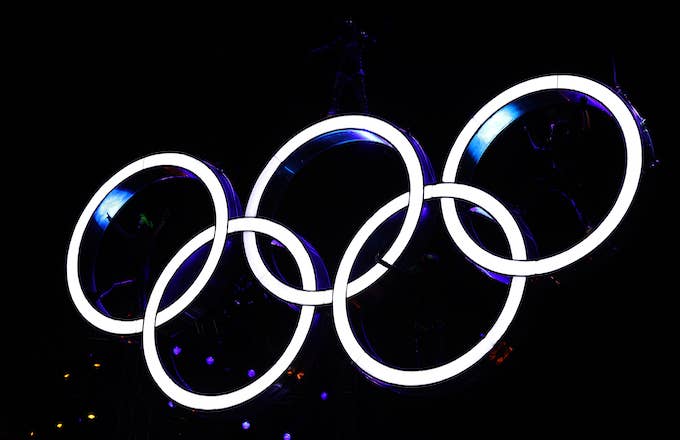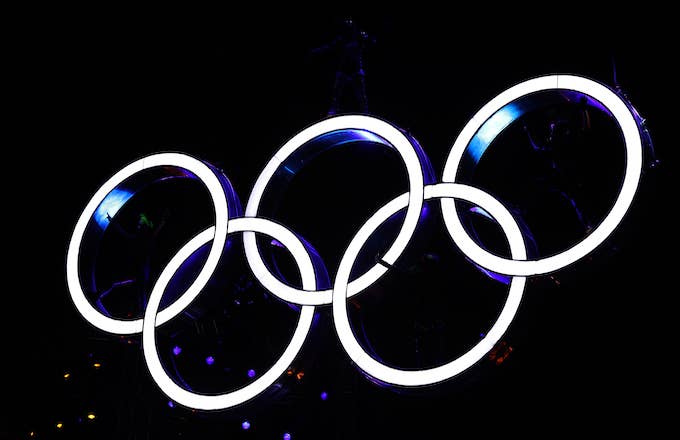
The British Association for Sustainable Sport has published a report detailing concerns over the health of athletes competing in the upcoming Tokyo Olympics, with scientists pointing to the adverse effects of the soaring temperatures and humidity currently engulfing Japan.
The 2020 Tokyo Olympics was pushed back due to the COVID-19 pandemic, but is set to run this year from July 23 to August 8.
After Olympic Committee member Dick Pound said cancelling the games are “essentially off the table” this year, countermeasures have been issued: a portion of the Summer Games has been moved away from the capital due to heat concerns, and the Olympic marathon has moved 500 miles north to the city of Sapporo, where temperatures are expected to be significantly cooler.
Although strides are being made to accommodate the hotter weather, not all fixtures have been relocated. The report highlights how Olympic staples such as tennis, rowing and the triathlon will be adversely impacted if little is done to rectify the dilemma at hand.
Speaking about the new study, Olympic hopeful Melissa Wilson said: “It’s a horrible moment when you see athletes cross the line, their bodies fling back in total exhaustion, and then not rise up. If we want to see records, the chances of that will be limited by these intense environmental conditions.”
Mara Yamauchi, a former athlete who represented Britain in the 2008 and 2012 Olympics, stated: “We can all do our bit, even in a small way, to mitigate the effects of climate change, and conserve sport and the Olympics in viable forms for future generations.”
Japan is no stranger to environmental worries. Back in 2018, their summer heatwave was categorised as a natural disaster as hospitalisations and the death toll mounted.
The Olympics committee’s plans to minimise the problem is to prepare all sporting venues with adequate amounts of fluids to ensure all of the athletes are well-hydrated before, during, and after competing. They will also be providing regular weather updates and implement a plan to alleviate heat-related sickness.
The 2019 World Athletics Championships, held in Doha, Qatar, was similarly hindered by temperature concerns. Around 1/3 of the starters in the women’s marathon failed to complete the race due to the overbearing heat and humidity, impeding their physical and cognitive function.
The report adds that, “If current trends continue, more sports, more events and more athletes, referees and spectators will be exposed to more extreme weather conditions.”

